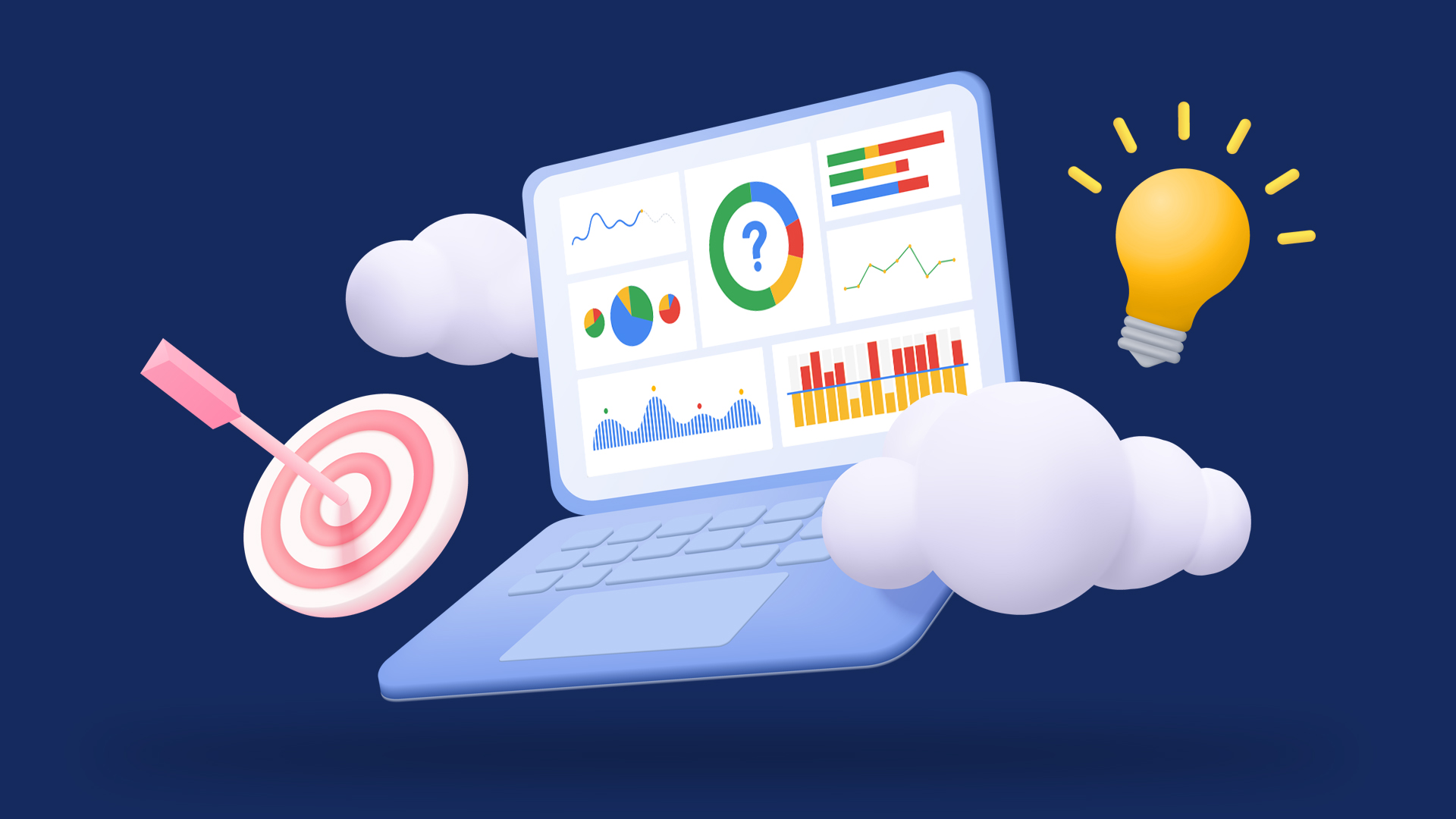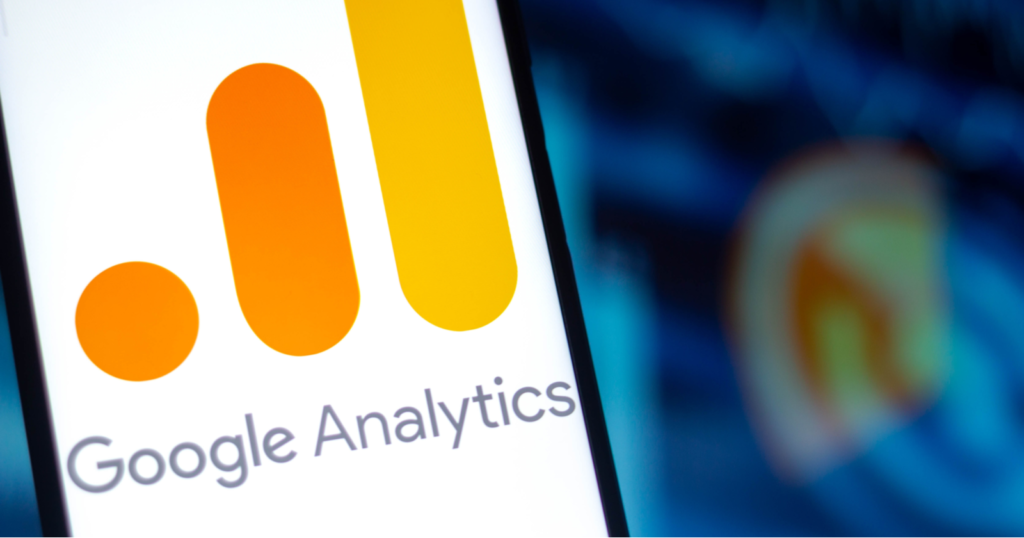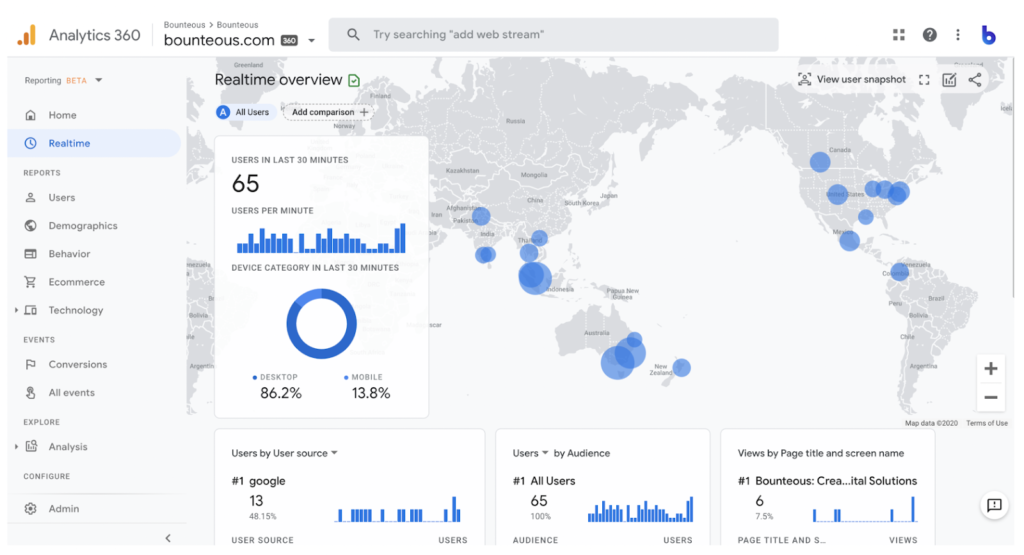Cookies, data and analytics are changing. In October 2021, Google made a significant announcement on the future of Google Analytics – introducing Google Analytics 4 (GA4). It’s been built with the aim to serve the measurement needs of a privacy-centric and less reliant on cookies.
What is Google Analytics 4?
Google Analytics 4 is the latest version of Google Analytics that combines data from both apps and websites for unified reporting and analysis. As marketers and business owners, we can use this data to better understand the customer journey. With the introduction of GDPR in 2018, websites now require users to consent to cookies to track website performance. GA4 will reduce the reliance on cookies to record certain events across platforms and devices through the use of machine learning, filling in the gaps where user consent is not given for tracking.
Google Analytics 4 v Universal Analytics
Universal Analytics (UA) groups user interactions within a given timeframe while GA4 uses a more flexible, event-based model, allowing for more accurate reporting. Additional information such as value for purchase, page title and user location can be passed into Google Analytics with each interaction. Each user interaction is sent to GA as a standalone event meaning it’s not contained within a session as hit events are in UA.
New tracking framework
GA4 is changing the tracking framework. ‘Goals’ in UA are now called ‘Conversions’ in GA4. It only allows Conversions based on events – meaning any pageview goals will need to be sent as an event to GA4 before it can be tracked as a conversion. GA4 automatically tracks some events such as ‘first visit’ and ‘session start’. The new Enhanced Measurement feature will automatically collect more events including: ‘view search results’ ‘video start’ and ‘file download’. This means you will start collecting useful data as soon as you set up a GA4 property, without setting up any additional tags or modifying your code.
What does this mean for your business?
GA4 has been designed to work in a privacy-focused and cookieless future. It is a way to ensure that you will continue to have access to essential visitor data. This makes it more stable to industry changes and prevents future gaps in your data. GA4 has been built with the future in mind. Scalability and growth have been factored into the new design along with a wider focus on tracking the complete user journey rather than dividing user interactions into sessions, devices and platforms like UA. GA4 does not include historical data from Google Analytics. Moving from UA too late means that you will only have a few days or weeks of GA4 data and your historical information will be lost. In other words, the sooner you switch to GA4 from UA the more data you will have collected before UA stops in July 2023.
Need help transferring from Universal Analytics to Google Analytics 4?
Get in touch with a member of our team and we’ll give you a hand setting up your google analytics




